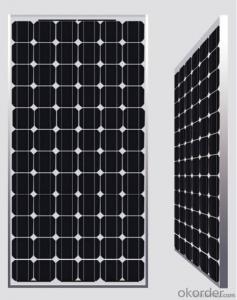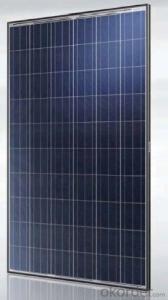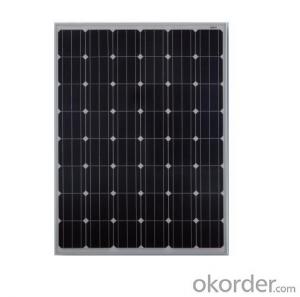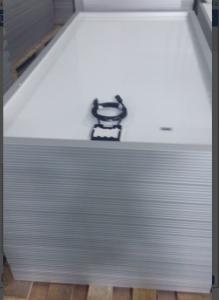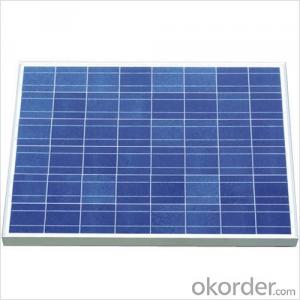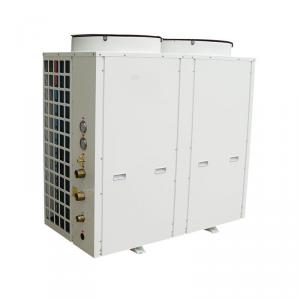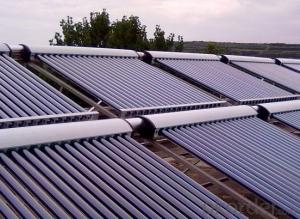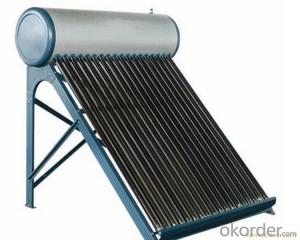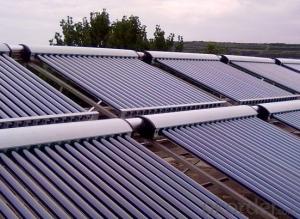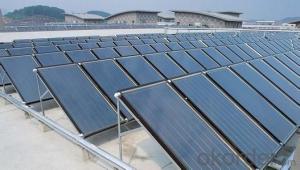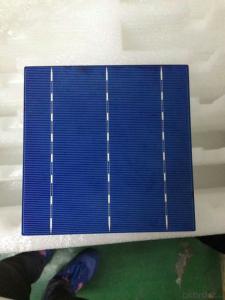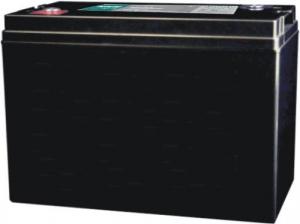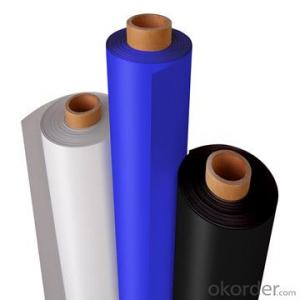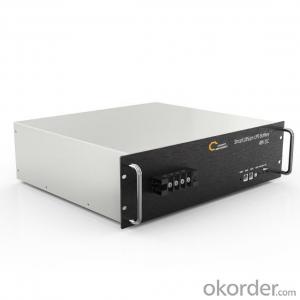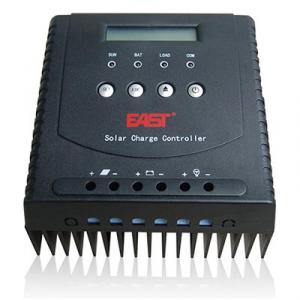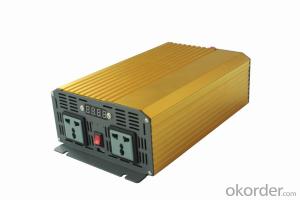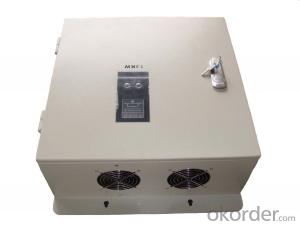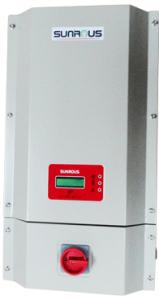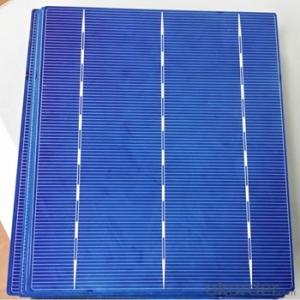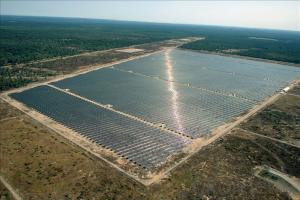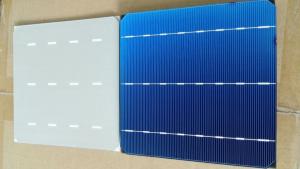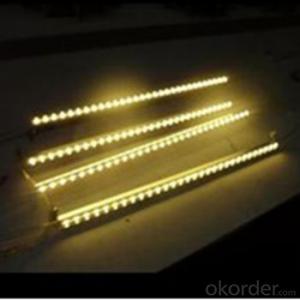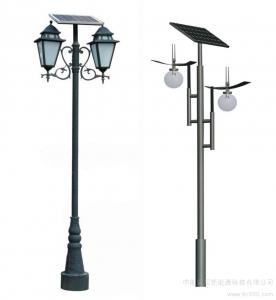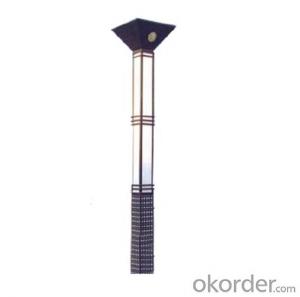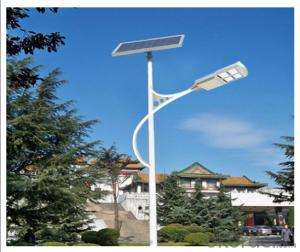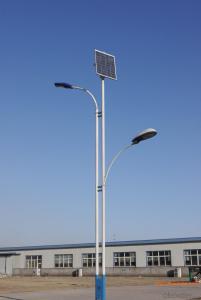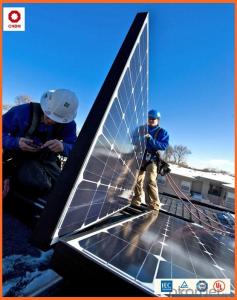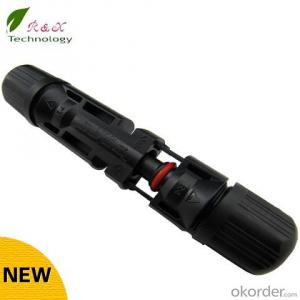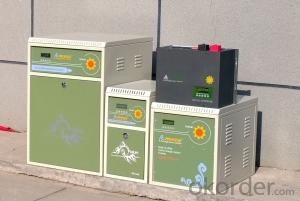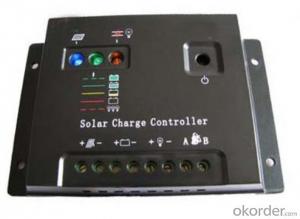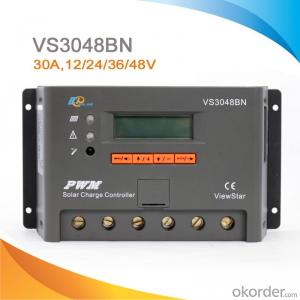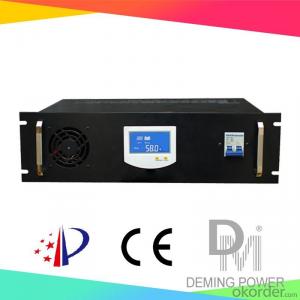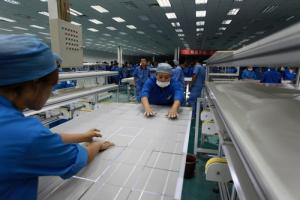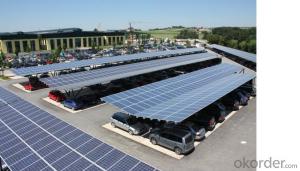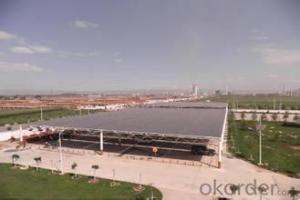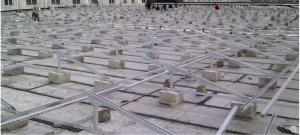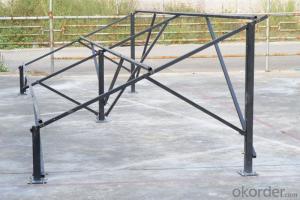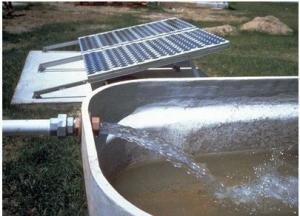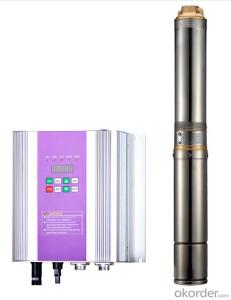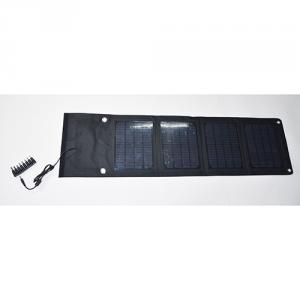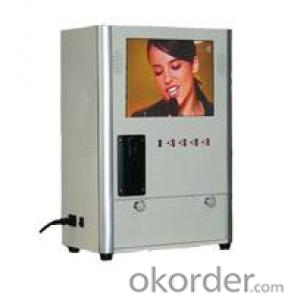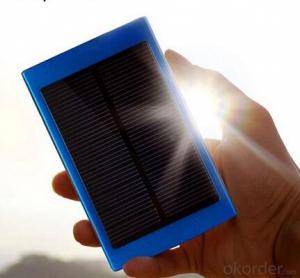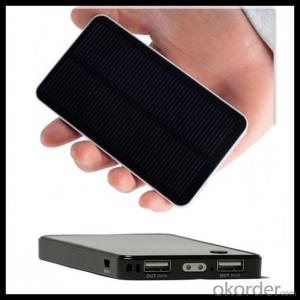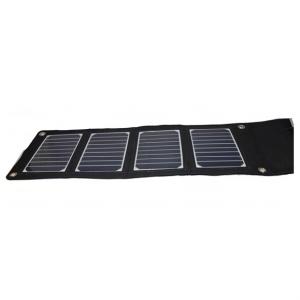All Categories
- - Steel Wire Rod
- - Steel Coils
- - Steel Profiles
- - Steel Pipes
- - Stainless Steel
- - Tinplate
- - Special Steel
- - Steel Sheets
- - Steel Rebars
- - Steel Strips
- - Hot Rolled Steel
- - Cold Rolled Steel
- - Pre-painted Steel
- - Seamless Steel Pipe
- - Welded Steel Pipe
- - Hollow Steel Tubes
- - Galvanized Pipe
- - Stainless Steel Coil
- - Stainless Steel Sheet
- - Stainless Steel Plate
- - Stainless Steel Strips
- - Electrolytic Tinplate Coil
- - Electrolytic Tinplate Sheet
- - Stainless Steel Rebars
- - Solar Panels
- - Solar Water Heater
- - Solar Related Products
- - Solar Inverter
- - Solar Cells
- - Solar Light
- - Solar Energy Systems
- - Solar Controllers
- - Solar Mounting System
- - Solar Pump
- - Solar Chargers
- - Fiberglass Chopped Strand
- - Fiberglass Mesh Cloth
- - Composite Pipes
- - FRP Pultrusion Profiles
- - Fiberglass Mat Tissue
- - Fiberglass Fabrics
- - Fiberglass Mesh
- - Composite Tank
- - Fiberglass Mesh tape
- - Polymer
- - FRP Roofing Panel
- - Fiberglass Roving
- - Monolithic Refractories
- - Ceramic Fiber Products
- - Refractory Bricks
- - Raw Materials For Refractory
- - Suspended Platform
- - Cranes
- - Concrete Machinery
- - Earthmoving Machinery
- - Building Hoist
- - Road Building Machinery
- - Plastic Pipe Fittings
- - Plastic Tubes
- - Plastic Sheets
- - Agricultural Plastic Products
- - Plastic Nets
 All Categories
All Categories
Solar PanelsView More
Solar Water HeaterView More
Solar Related ProductsView More
Solar InverterView More
Solar CellsView More
Solar LightView More
Solar Energy SystemsView More
Solar ControllersView More
Solar Mounting SystemView More
Solar PumpView More
Solar ChargersView More
Q & A
What is the impact of soiling on solar panel performance?
Soiling refers to the accumulation of dust, dirt, pollen, bird droppings, and other debris on the surface of solar panels. The impact of soiling on solar panel performance is significant as it reduces the efficiency of energy conversion. The dirt layer acts as a barrier, preventing sunlight from reaching the solar cells and thus reducing the amount of energy that can be generated. Studies have shown that even a thin layer of soiling can result in a noticeable decrease in power output, ranging from 5% to 20% depending on the severity of soiling. Therefore, regular cleaning and maintenance of solar panels are essential to ensure optimal performance and maximize energy generation.
How long do solar panels last?
Solar panels typically have a lifespan of 25 to 30 years, although some can last even longer with proper maintenance and care.
What are solar-powered businesses?
Solar-powered businesses are enterprises that rely on solar energy as their primary source of power to operate their facilities and conduct their operations. These businesses use solar panels or other solar technologies to convert sunlight into electricity, reducing their dependence on fossil fuels and minimizing their carbon footprint. By harnessing renewable energy, solar-powered businesses contribute to a more sustainable and environmentally friendly economy.
How does a solar panel work?
A solar panel works by converting sunlight into electricity using photovoltaic cells. These cells are made up of semiconductor materials that absorb photons from the sun's rays. When sunlight hits the cells, it excites the electrons, allowing them to flow and generate an electric current. This current is then harnessed and can be used to power various electrical devices or stored in batteries for later use.
Can solar energy be used for powering airplanes?
Yes, solar energy can be used for powering airplanes. Solar-powered aircraft, known as solar planes, have been developed and successfully flown. These planes use photovoltaic cells to convert sunlight into electricity, which then powers the aircraft's motors and systems. While solar planes are still in the experimental stage and have limitations in terms of speed and payload capacity, advancements in solar technology continue to improve their efficiency and feasibility for aviation.
Wholesale Solar Energy Products from supplier in Djibouti
Whether you are looking for solar panels, inverters, batteries, or complete solar energy systems, we have a wide range of high-quality products to meet your needs. Our team of experts is dedicated to providing you with personalized quotations and technical support to ensure that you choose the right products for your specific requirements.
In addition to our product offerings, we understand the unique challenges and requirements of the Djibouti region. Our local knowledge and experience allow us to provide valuable insights into the local market conditions, regulations, and best practices for solar energy projects in Djibouti.
As a subsidiary platform of CNBM, a Fortune Global 500 company, we have the resources and capabilities to deliver convenient and efficient procurement services. Our strong global network and partnerships with reputable manufacturers enable us to offer competitive pricing and reliable delivery of products to Djibouti.
We take pride in our commitment to customer satisfaction and long-term partnerships. Whether you are a residential customer, business owner, or involved in large-scale solar energy projects, we are here to support you every step of the way. Contact us today to discuss your solar energy needs in Djibouti and let us help you harness the power of the sun for a sustainable future.
In addition to our product offerings, we understand the unique challenges and requirements of the Djibouti region. Our local knowledge and experience allow us to provide valuable insights into the local market conditions, regulations, and best practices for solar energy projects in Djibouti.
As a subsidiary platform of CNBM, a Fortune Global 500 company, we have the resources and capabilities to deliver convenient and efficient procurement services. Our strong global network and partnerships with reputable manufacturers enable us to offer competitive pricing and reliable delivery of products to Djibouti.
We take pride in our commitment to customer satisfaction and long-term partnerships. Whether you are a residential customer, business owner, or involved in large-scale solar energy projects, we are here to support you every step of the way. Contact us today to discuss your solar energy needs in Djibouti and let us help you harness the power of the sun for a sustainable future.
